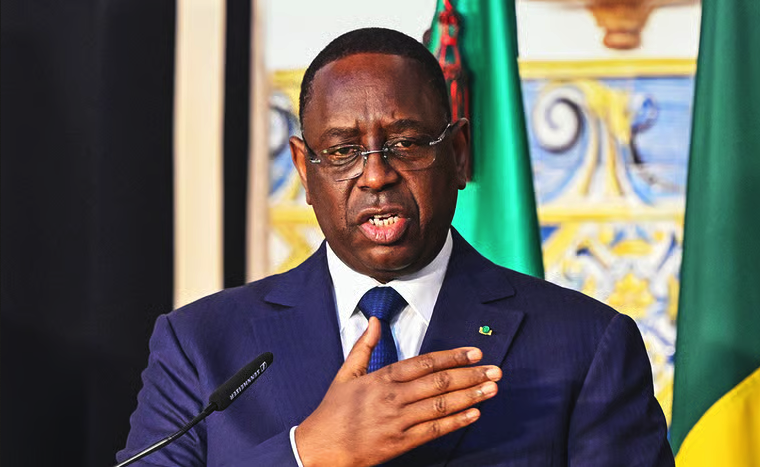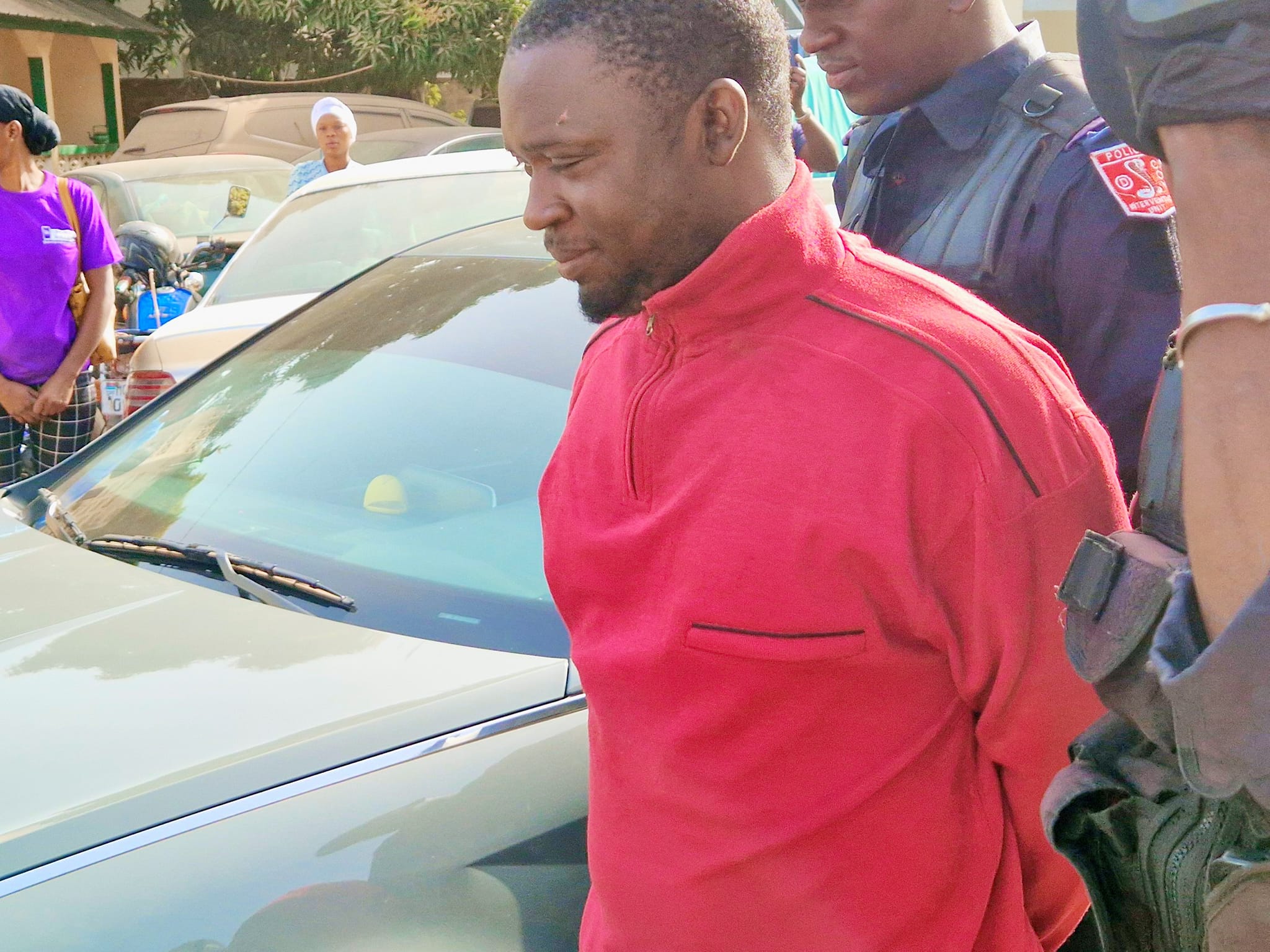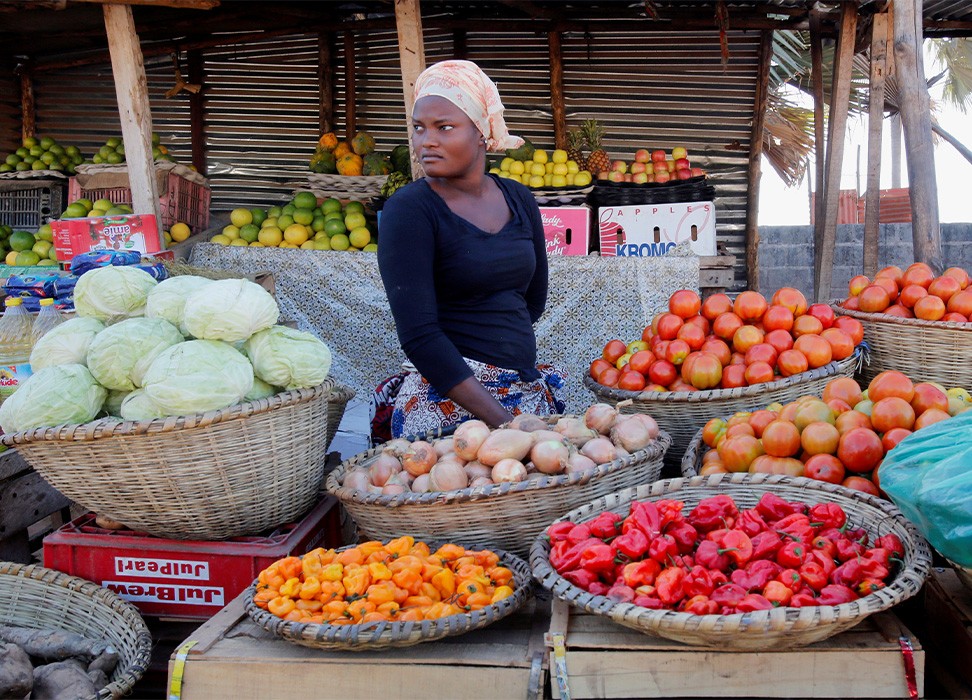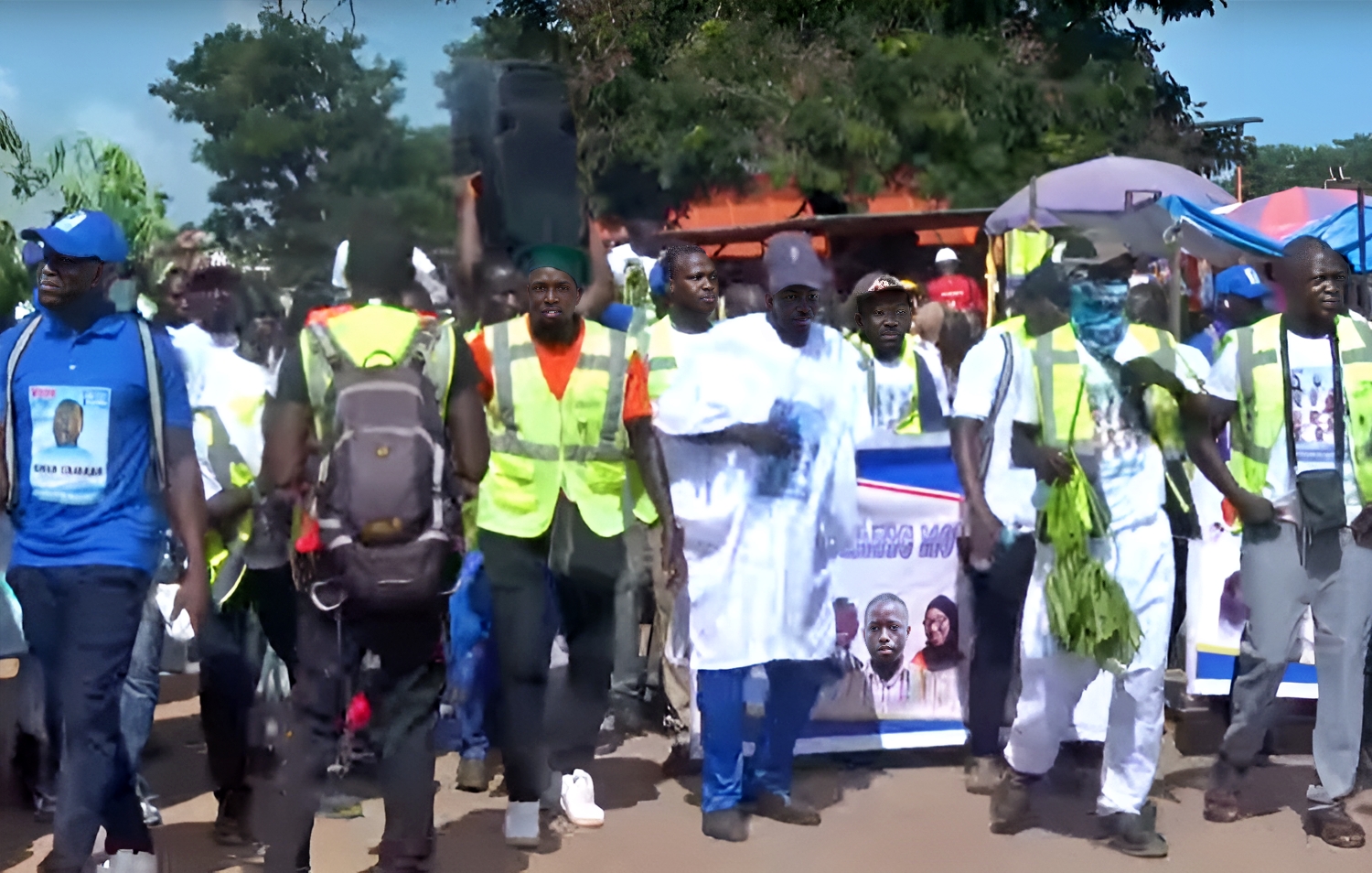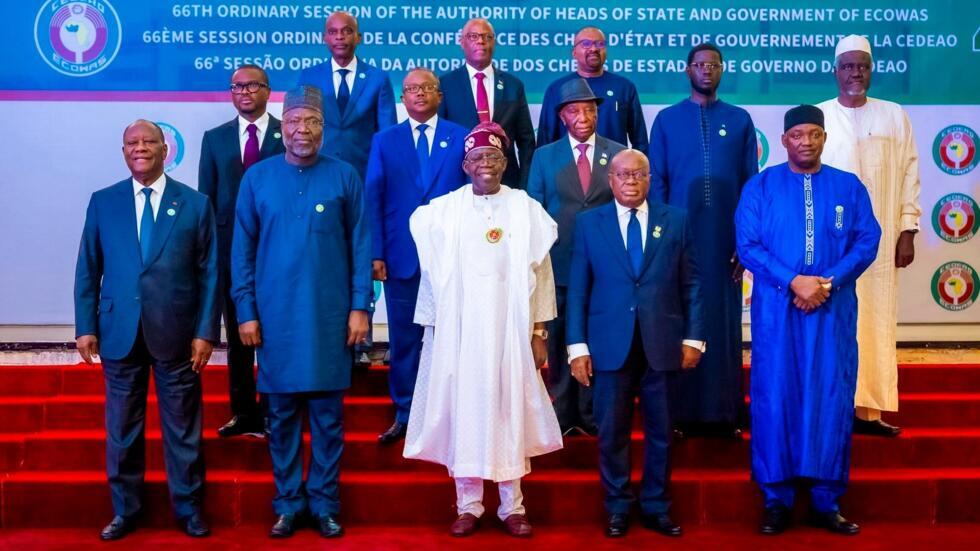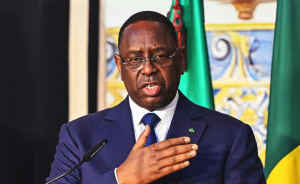Gambiaj.com – (BANJUL, The Gambia) – As Bola Tinubu completes his tenure as Chairman of the Economic Community of West African States (ECOWAS), the bloc finds itself at a defining crossroads. With the departure of Mali, Burkina Faso, and Niger from ECOWAS to form the Alliance of Sahel States (AES), the regional group faces an identity crisis and an urgent need for leadership capable of bridging the growing divide in West Africa.
Among the contenders for Tinubu’s succession, Senegal’s President Bassirou Diomaye Faye stands out for both symbolic and strategic reasons.
At just 45 years old, Faye is the youngest democratically elected leader in the subregion and is perceived by many as a rare unifying figure. His perceived openness to reconciling with the AES bloc — even suggesting last year that AES countries could remain militarily aligned while returning to ECOWAS — has positioned him as a potential architect of regional détente.
Yet, while his balanced rhetoric makes him appealing in theory, Faye’s candidacy also raises questions. His relative inexperience, combined with what some observers call an “eruptive temperament” and a vocal skepticism toward France’s regional role, may prove contentious in a bloc historically aligned with Western partners.
Nigerian analyst David Aworawo notes that such traits could “complicate relations with certain traditional partners in the region.”
The Legacy of Tinubu’s Hardline Approach
Tinubu’s tenure began in July 2023 with resolute declarations, promising to transform ECOWAS from a “toothless bulldog” into a forceful defender of constitutional rule. His response to the Niger coup two weeks into his mandate — imposing sanctions and threatening military intervention — set a combative tone.
Though applauded by some Western partners, the strategy backfired: not only did it fail to restore the overthrown government, it prompted a deepening rift with the AES countries.
Today, with Mali, Burkina Faso, and Niger having formally exited the bloc and Guinea suspended, ECOWAS’s credibility and cohesion are under pressure.
The next chair must confront the dual challenge of preserving democratic norms while pragmatically acknowledging new geopolitical realities.
Diomaye Faye: The Reconciliation Candidate?
Supporters of Faye argue that his credibility with both camps — ECOWAS and AES — could serve as a foundation for rebuilding trust. Analysts like ULF Laessing from the Konrad Adenauer Foundation suggest that, rather than attempting to restore the old order, ECOWAS under a new leader should “expand cooperation with AES and accept the status quo.”
Faye’s diplomatic pragmatism, particularly his invitation for reintegration without renouncing military alliances, suggests a more flexible doctrine than that of Tinubu. Whether that is seen as constructive engagement or weak compromise will likely shape perceptions of his leadership suitability.
Other Contenders and Their Regional Weight
Faye is not without competition. Benin’s President Patrice Talon is considered a strong candidate, not least because Benin has not held the ECOWAS presidency since 1994. His leadership is seen as stable and less ideologically polarizing, which could appeal to member states looking for a neutral steward.
Togo’s Faure Gnassingbé also boasts strong diplomatic ties, especially with AES countries that rely on Togolese ports.
However, his domestic political maneuvers — notably constitutional changes enabling him to extend his presidency indefinitely — have drawn criticism. “This goes against the spirit of ECOWAS,” said a Nigerian government representative, highlighting the contradiction between ECOWAS’s pro-democracy mandate and Gnassingbé’s tenure extension.
Then there is Ghana’s former President John Dramani Mahama. Experienced and widely respected, Mahama previously led ECOWAS from 2013 to 2015 and has cultivated cordial relations with the AES bloc, even inviting their leaders to his inauguration.
He represents a neutral and seasoned alternative — though, like Faye, his political re-entry raises questions about ECOWAS’s orientation: toward a fresh diplomatic reset or institutional continuity.
What ECOWAS Needs Now
The bloc’s leadership transition comes at a time when its unity, legitimacy, and regional relevance are all under threat. The days of unchallenged authority and automatic compliance from member states are over.
The next ECOWAS leader must be capable of managing a regional order that is increasingly multipolar, where diplomacy is as important as deterrence.
In that light, Diomaye Faye’s candidacy represents a bold experiment — a generational shift toward more conciliatory and perhaps more African-centered leadership. But for many within ECOWAS, the key question remains: can he translate symbolic appeal into real influence over a fractured region?
As the succession process unfolds, the choice of who leads ECOWAS next will send a powerful signal — either of continuity with a hardline past or of a new direction that embraces compromise and regional integration on new terms.



